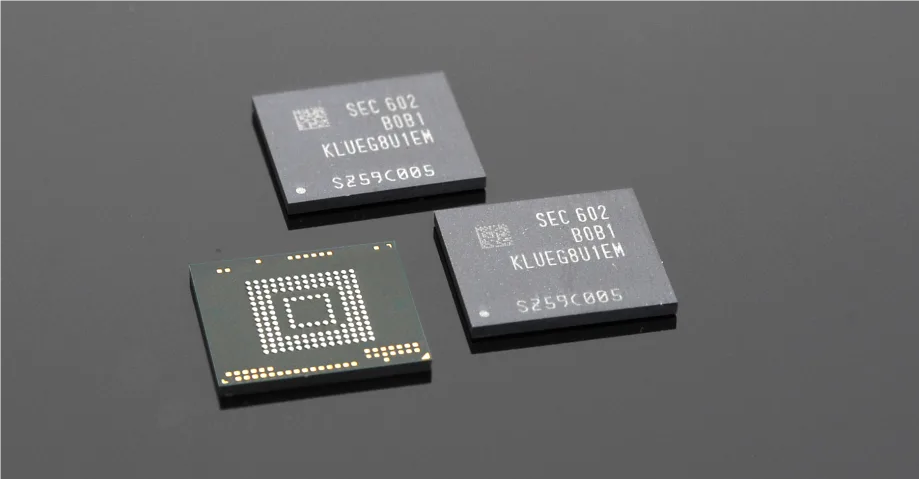July 11, 2025 /SemiMedia/ — NXP Semiconductors is accelerating its global expansion by enhancing its system-level semiconductor capabilities in strategic markets, with China playing a central role in this vision. As a rare semiconductor company with integrated solutions across microprocessors, sensors, connectivity, analog, and security chips, NXP is positioning itself as a core enabler of next-generation automotive and industrial digital transformation.
China, now accounting for approximately one-third of global semiconductor consumption, has become pivotal to NXP’s growth strategy. In early 2025, the company established the China Business Unit, consolidating sales, R&D, operations, quality, and support teams to deliver localized solutions. More than that, NXP introduced the “In China, For Global” model, enabling its China team to define and develop products for international markets.
One such result is the BMx7318/7518 battery cell controller IC series, recently launched by NXP. Designed and defined in China with global R&D collaboration, the chips are now being shipped globally, reflecting NXP’s commitment to empowering innovation through regional expertise.
With roughly 35% of its global revenue coming from China and over half of its sales rooted in the automotive sector, NXP is tapping into China’s dynamic development in smart EVs, industrial AI, robotics, and low-altitude economy. Market projections estimate that China will account for 30% of the USD 65 billion global automotive semiconductor market in 2025.
Since integrating Freescale in 2016, NXP has built a robust system platform and invested deeply in China. Today, the company has over 6,000 employees in the country, including 1,600 engineers, six R&D centers, 14 office sites, and its largest global backend assembly and test facility.
By deepening its China strategy, NXP aims to accelerate innovation in connected mobility, industrial automation, smart home, and wearable devices—all reliant on power-efficient, real-time, and secure semiconductor technologies. The company sees China not only as a market but also as a global innovation hub to drive system-level chip development worldwide.












All Comments (0)